Mental health
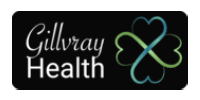
Gillvray Health
Cambridge’s pioneering lifestyle medicine clinic dedicated to revolutionizing healthcare. We blend traditional medicine with holistic care, embracing the six pillars of lifestyle medicine: nutrition, physical activity, stress management, sleep, connection, and avoidance of risky substances.. Led by Dr Claire Gilvray.

Hub of Hope
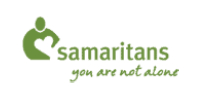
Samaritans
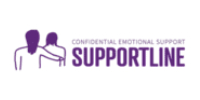
SupportLine
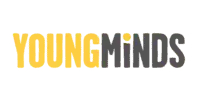
Young Minds

Mind
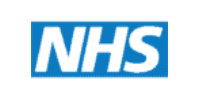
NHS
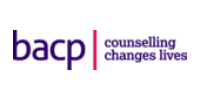
BACP
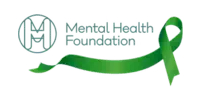
Mental Health
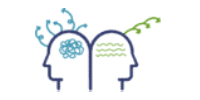
GP ADHD
At its best, ADHD is associated with lateral thinking, creativity, innovation, high energy and drive. At its worst, ADHD can have a significant negative effect on relationships, schoolwork and performance at work.
Here are some websites that provide online resources on CBT and Mindfulness

Be Mindful
The mindfulness program takes a minimum of four weeks but can be completed at an individual’s own pace. Self-assessment tools are used to chart progress from start to finish. By the end, individuals will be practising mindfulness in daily life, helping them to be present and not caught up in negative thoughts, and to be more aware and respond more skilfully to life events.

